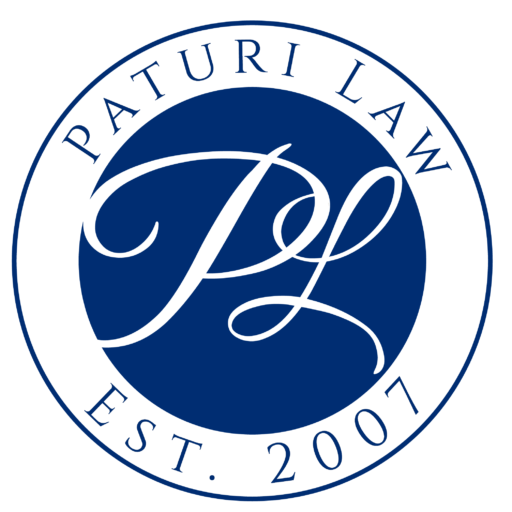After much debate and controversy, the Trump Administration approved a final rule set to take effect on October 15, 2019. This new rule has the chilling effect of forcing immigrants to either place a priority on their status to remain legal in the United States by not taking benefits and thus, potentially ruining their health, or be forced to return to their countries all because they accepted public benefits. It is a no win situation for immigrants and their families and furthers this administration’s objective to severely curtail immigration both legal and illegal. The following information is taken from USCIS’s fact sheet discussing the Public Charge Inadmissibility Rule.
What does the new rule state? The final rule defines “public charge” as an alien who receives one or more designated public benefits for more than twelve months, in the aggregate, within any 36-month period. “Public Benefit” includes items such as Supplemental Security Income (SSI), Temporary Assistance for Needy Families (TANF) and General Assistance; the Supplemental Nutrition Assistance Program (SNAP); most forms of Medicaid, Section 8 Housing Assistance, and public housing.
What forms of assistance are not considered under the new rule? The following types are not considered under the new rule: Emergency medical assistance, disaster relief, national school lunch programs, WIC or CHIP, foster care and adoption, student and mortgage loans, energy assistance, food pantries and homeless shelters and Head Start.
Who is excluded from the new rule? Aliens who are a member of the U.S. Armed Forces, serving in active duty or in any of the Ready Reserve components; spouses and children of such aliens; children who are entering the United States for purposes of attending an interview under INA 322; those individuals receiving services or benefits provided in connection with the Individuals with Disabilities Education Act; as school-based services or benefits provided to individuals who are at or below the oldest age eligible for secondary education as determined under state or local law; aliens under the age of 21; and by pregnant women and by women within the 60 day period beginning on the last day of the pregnancy are all excluded. The rule also does not apply to humanitarian based immigration programs such as refugees, asylees, certain trafficking victims, victims of qualifying criminal activity, victims of domestic violence, or Special Immigrant Juveniles.
What factors will weigh heavily to support the notion an alien will become a public charge? The Department of Homeland Security states that the following factors will weigh heavily in favor of finding that an alien will become a public charge:
1. If an alien is not a full time student and is authorized to work, but cannot show current employment, recent employment history, or a reasonable prospect of future employment;
2. The alien has been diagnosed with a medical condition that is likely to require extensive medical treatment or institutionalization or that will interfere with his or her ability to provide for themselves, attend school or work, or that they are uninsured and has neither the prospect of obtaining private health insurance nor the financial resources to pay for reasonably foreseeable medical costs related to a medical condition.
3. The alien has previously been found by an immigration judge or the Board of Immigration Appeals to be inadmissible or deportable based on public charge grounds.
Are there any mitigating factors? The Department of Homeland Security is to take into account an alien’s age, health, family status, assets, resources and financial status, education and skills, the alien’s prospective immigration status and period of admission, and any sufficient Affidavit of Support. In addition, if the alien has household income, assets, or resources and support of at least 250 percent of the Federal Poverty Guidelines for the alien’s household size or the alien has private health insurance appropriate for the intended duration of the alien’s stay, these will be treated as positive factors. DHS states that no single factor is determinative; rather, the alien’s likelihood of becoming a public charge in the future is based on the totality of the circumstances.
The rule will apply only to applications and petitions postmarked or submitted electronically on or after October 15, 2019. Applications or petitions already pending with USCIS on the effective date will be adjudicated under the current guidelines. USCIS may also, in its discretion, permit an adjustment of status applicant who is inadmissible only on the public charge ground to adjust status to that of a legal permanent resident upon the posting of a public charge bond.
The rule is quite extensive, and there are many questions that will arise once the final rule take effect. For example, is it a public charge if immigrants receive Obamacare subsidies for their health insurance? We anticipate these and many more issues will arise with the passage of this rule. Please contact the Paturi Law Firm to discuss your case further.
